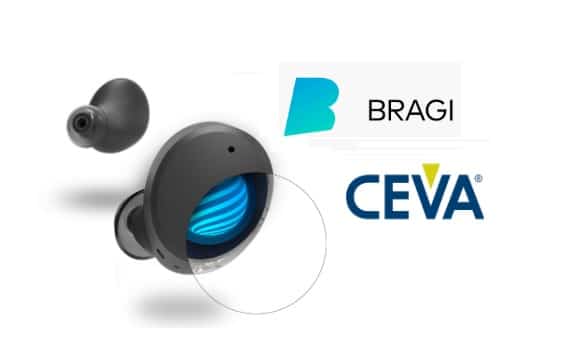In a story first reported by Dr. Abram Bailey at Hearing Tracker, the Institute of Electrical and Electronics Engineers (IEEE) has “invited all interested parties to notify if they wish to actively participate in the development of IEEE P2650™ Standard For Enabling Mobile Device Platforms To Be Used As Pre-Screening Audiometric Systems.”
 The IEEE is a large, well respected network of engineers whose primary activity is creating standards for modern telecommunications and information technology. The IEEE Standards Association (IEEE-SA) is a leading consensus building organization within IEEE that nurtures, develops and advances global technologies.
The IEEE is a large, well respected network of engineers whose primary activity is creating standards for modern telecommunications and information technology. The IEEE Standards Association (IEEE-SA) is a leading consensus building organization within IEEE that nurtures, develops and advances global technologies.
The new standard is intended to provide guidance for product manufacturers to develop such pre-screening devices and for government, institutional, and end purchasers, who wish to evaluate and purchase these devices for audiometric pre-screening services.
Product manufacturers may also use it to earn recognition in the consumer and healthcare market, recognizing that certain criteria may not be applicable to all types of purchasers.
Timing of the Announcement
The announcement of a new IEEE standard for hearing screening using smartphones comes on the heels of the PCAST’s recent letter to the President advising him to allow the FTC and FDA to open the market and allow for greater consumer access to technology that can improve hearing.
As Bailey stated on his blog, “considering the recommendations made this week by President’s Council of Advisors on Science and Technology (PCAST), one has to wonder whether the IEEE also intends to address the problems at home, in the United States.”
Bailey went on to say, “While the timing of IEEE’s announcement may be coincidental, it may prove impeccable. If the FDA acts upon the PCAST recommendations, there could soon be a flood of over-the-counter (OTC) “basic” hearing aids. It is in the best interest of consumers everywhere to have a well-established standard developed by IEEE before this happens, as consumers will have less chance of damaging their hearing with poorly-developed test software, and a greater chance of achieving success with OTC products. After all, if the OTC “basic” hearing device does not understand the user’s hearing impairment, it is very unlikely to prescribe the sound levels needed to bring back the audibility for sound.”
For more information about the proposed IEEE P2650™ Standard and how to be involved in the development, details can be found on the IEEE website.
*title image courtesy tandfonline









Thanks for covering this story Brian. I would like to add that we are currently conducting a survey to find out how audiologists (and other interested parties) feel about the OTC hearing aids. I would like to invite your readers to complete the (very short) survey here: http://goo.gl/forms/4tT5IffDdg
Having played with every free PC and iPhone hearing test I can find I can assert you never get the same answer twice.
The vast majority of them are very poor.
As a massive advocate of the moves to increase hearing aid uptake and decrease device cost, I can only support this.